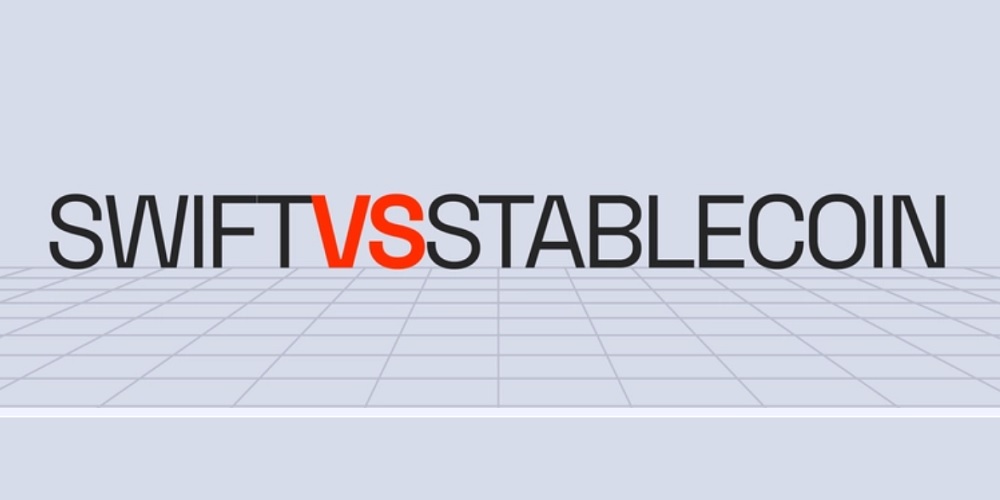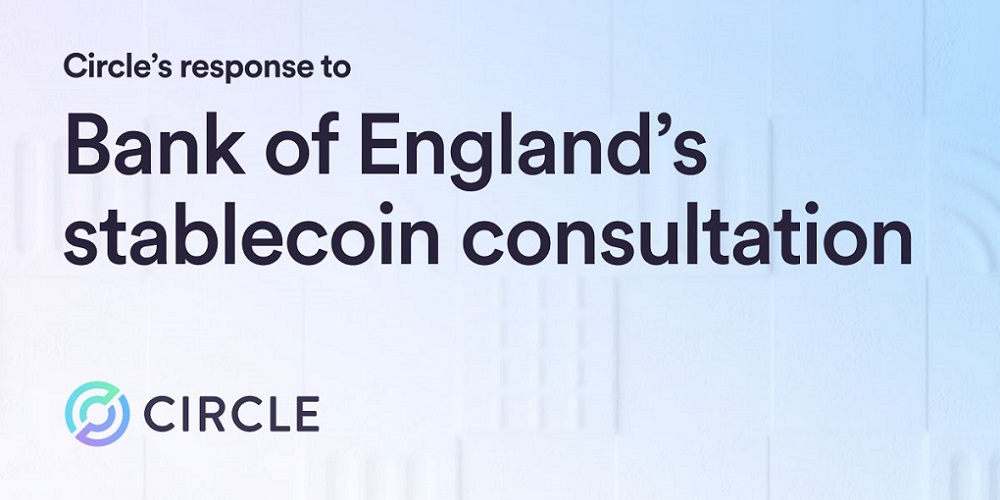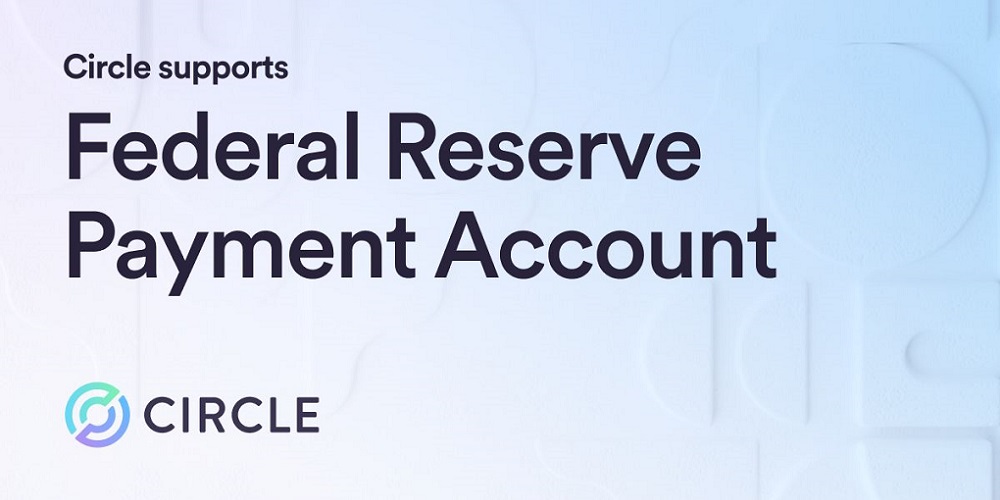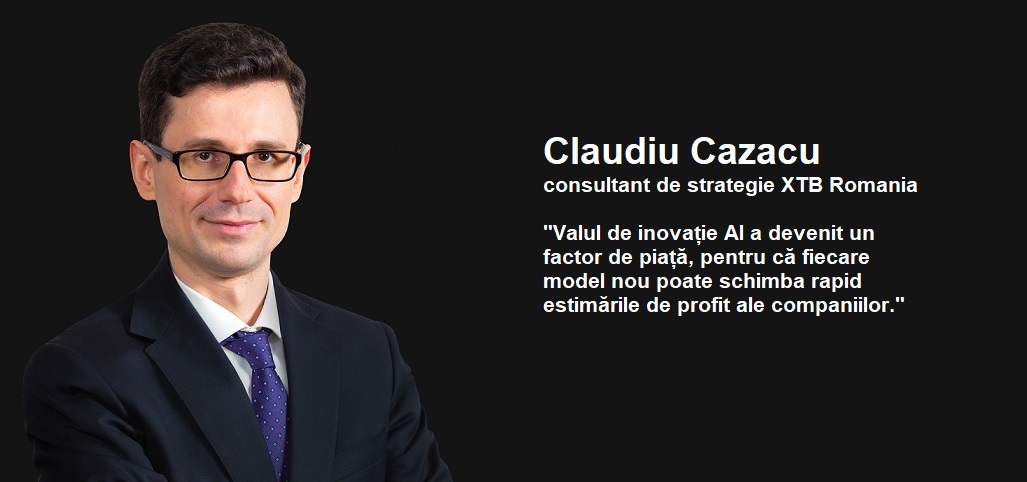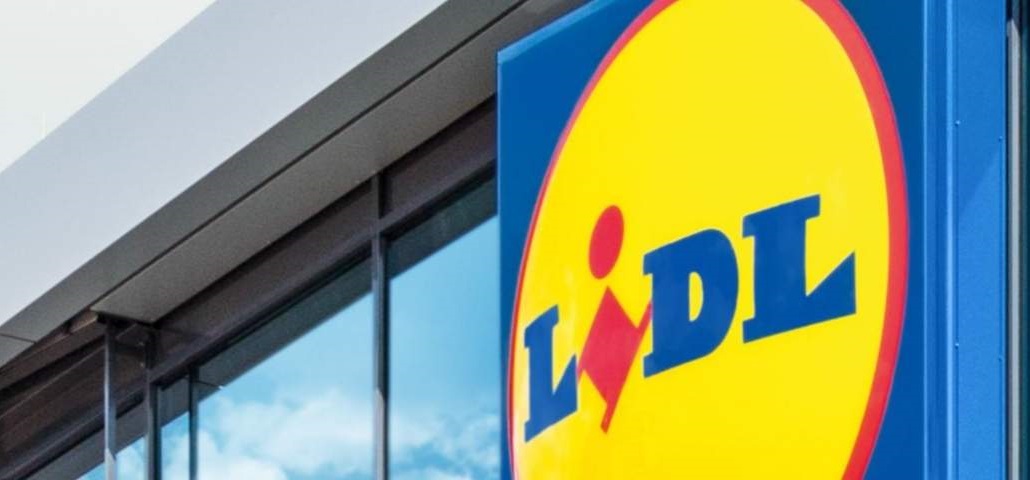BANKING 4.0 Hackathon – the blockchain challenge!
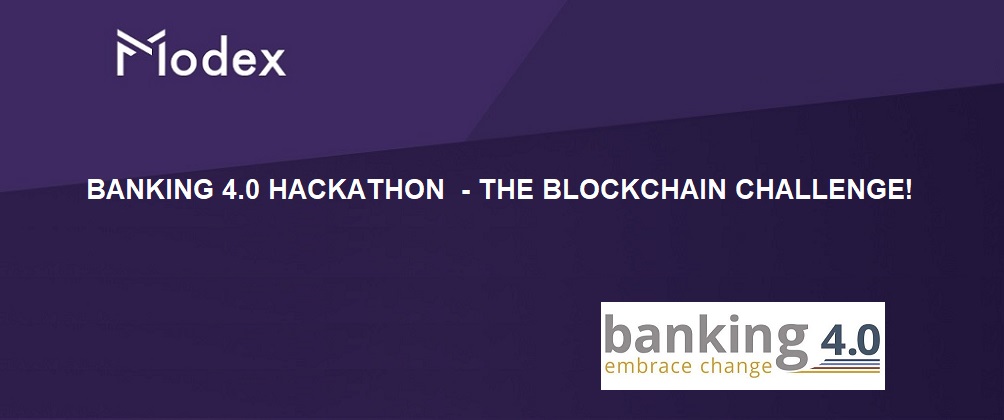
Seen by EU as “one of the breakthrough technologies with a huge potential impact for other sectors”, blockchain can enable parties with no particular trust in each other to exchange digital data on a peer-to-peer basis with fewer or no third parties or intermediaries. Data could correspond, for instance, to money, insurance policies, contracts, land titles, medical and educational records, birth and marriage certificates, buying and selling goods and services, or any transaction or asset that can be translated into a digital form. The potential of blockchain to engender wide-ranging changes in the economy, industry and society – both now and tomorrow – is currently being explored across sectors and by a variety of organisations.
Now, blockchain is one of the technologies which is anticipated to have a profound impact over the next 10-15 years, backed in the short term by upward forecasts for investment. This is visible, for instance, on how the attention of investors worldwide has shifted to blockchain companies since 2009. The rise of blockchain is witnessed by both the sharp growth in blockchain start-ups and the volume of their funding. Massive funding started in 2014 with EUR 450 million and rapidly increased to EUR 3.9 billion in 2017 and over EUR 7.4 billion in 2018.
Worldwide spending on blockchain solutions will reach USD 2.9 billion in 2019, an 88.7 % increase from the USD 1.5 billion spent in 2018 (IDC, 2019).
Major issues that banks face today
The banking industry today is faced with issues such as rising costs of operations, increasing susceptibility to fraudulent attacks on centralized servers and challenges in ensuring transparency. All this, primarily because most of the banking transactions – from opening customer accounts to making global payments – may require intensive manual processing and documentation, involve costly intermediaries and is time consuming as these transactions need to be validated by various participants at various points in time causing the delay thereby resulting in almost lack of fraud proof real time solution.
What are banks looking for?
Banks are continuously exploring new ways to perform transactions quicker for an enhanced customer service, while ensuring cost efficiency in its operations and assuring transparency to customers and regulators. For this, Blockchain potentially provides a solution for banks as it inherently helps eliminate intermediaries, maintain immutable log of transactions and also facilitates real-time execution of transactions. This could potentially reduce the TAT for banking transactions, reducing costs of manual work, and leading to enhanced customer service and satisfaction. Like any other industry, choosing the right ‘use case’ is the key for Banks to leverage full value of Blockchain.
How a blockchain hackathon can help. What it can do?
To come-up with new solutions, new business models, new customer experience, of course. A new blockchain hackathon is not necessarily a first in Romania, but it is for the first time that blockchain technology will be used by the developers in the competition to test the APIs developed by banks.
The competitiors will use blockchain technology developed by Modex, one of the 10 Best Blockchain Solution Providers To Watch In 2019 according to CIOReview magazine.
Modex is a blockchain enablement platform, which radically simplify blockchain deployment so businesses can balance security and innovation. Modex Blockchain Database (BCDB) is a game-changing solution which enables blockchain adoption in enterprise software development. It connects the blockchain infrastructure with traditional database storage engines, while still allowing programmers to work in familiar remote database engine environments such as MongoDb, MySQL, etc. Modex BCDB makes hybrid infrastructures easy with a single API.
Modex BCDB offers its client applications access via low-level API endpoints. API Interface offers data access through HTTP and/or TCP protocols secured by the OAuth2 service.
“Modex was designed from the ground up as an on-demand enterprise blockchain infrastructure. We started with a simple question: what if using blockchain was as easy as using an API? The result is a platform that has you up and running with your first project in under 48 hours.”, says Mihai Ivascu, Modex CEO and Founder.
Who is eligible for Banking 4.0 hackathon?
In the contest, any team with at least one programmer can apply. It is important to be aware of the technology or its benefits. We will not give a test but it would not be advisable to have people who have not heard about blockchain.
If the participation interest exceeds the expectations of the organizers, a series of selection and selection criteria can be considered. In this case, teams with proven blockchain experience, such as a previous project or even participating in another hackathon, will have priority.
How does it work?
After enrolling in the competition (here we link to the registration page), the teams will receive the documentation of blockchain banking – Modex BCDB and will be trained, after which the Modex infrastructure will be made available with the exposure of the APIs.
The organizers will suggest some themes but, in principle, it is up to each team to choose their idea or the product they want to test / develop. On the Modex site you can find some “use cases” in the field of banking
We will have on-site teams that will be with competitors to guide them and answer questions. Teams only come with laptops and their desire to write code.
Schedule and location
Starting at 12.00 pm on November 23, 2019 participants register at the Modex Blockchain Labs (photo) headquarters in Str. Baba Novac, no. 19.A, et.12 – Sector 3 Bucharest. Until 14.00 there will be technical presentations and details about the rules of the contest.
From 14.00, from November 23 until November 24 at 14.00, code is written.
On Monday, November 25th, during the first day of the international fintech conference – Banking 4.0, a presentation session will be held, in which each team will have a maximum of 15 minutes to present the obtained results.
After the jury will decide, on the second day of the conference – Tuesday, November 26th, the awards ceremony will take place.
Awards and mentorship
First Place: 3000 Modex tokens and 1500 EUR
Second Place: 2000 Modex tokens and 1000 EUR
Third Place: 1000 Modex tokens and 500 EUR
The first three awarded teams will receive an unlimited BCDB license for one year.
Also, from LHoFT – Luxembourg House of Financial Technology – the first place will also benefit from an ICT Spring promotion package. ICT Spring is one of the largest fintech events in Europe, with an audience of 8,000 participants over two days.
Teams will also have real support from mentors throughout the hackathon, with valuable insights into the future product development strategy, including tips and perhaps even concrete proposals for future meetings related to providing funding. Mentors can be found in the jury section.
Members of the Jury
Alin Iftemi – Head of Business Modex
Felix Crisan – Cofounder & CTO Netopia / mobilpay
Razvan Turtureanu – CTO at Aurachain
Teodor Blidarus – CEO FintechOS (to be confirmed)
Alex Panican – Head of Partnerships and Ecosystem Development at LHoFT
Aurel Angheloiu – Senior Solution Architect at BCR
Raul Risnita – Head of Digital Development for Companies at Banca Transilvania
Andrei Dudoiu – cofounder at Human Finance
Dariusz Mazurkiewicz – CEO at BLIK Polish Payment Standard
Banking 4.0 – „how was the experience for you”
„To be honest I think that Sinaia, your conference, is much better then Davos.”
Many more interesting quotes in the video below:


